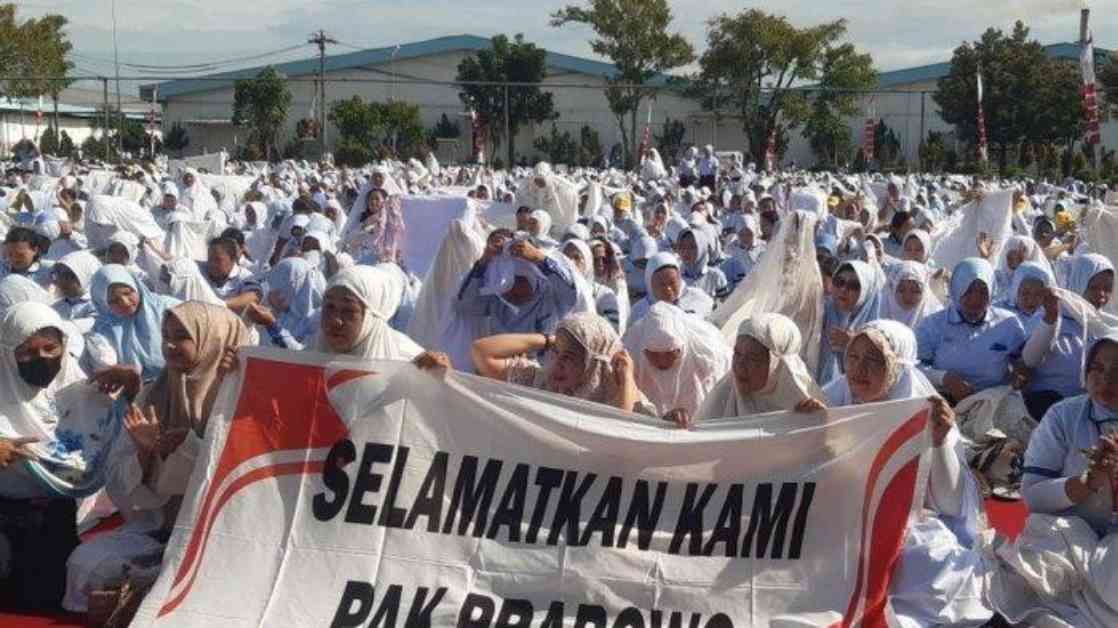In Jakarta, the promise from the Indonesian House of Representatives (DPR) to safeguard the rights of over tens of thousands of Sritex employees facing layoffs due to the company’s bankruptcy has garnered attention. Hendry Munief, a member of the DPR’s Commission VII, has assured that they will closely monitor the situation to ensure that the workers receive their entitled benefits, including severance pay and social security, in accordance with the law.
As the news unfolded on Monday, March 3, 2025, Hendry emphasized the need for the government to take several crucial steps following Sritex’s bankruptcy declaration. Firstly, it is imperative for the government to ensure the fulfillment of the rights of the laid-off employees. Additionally, measures must be taken to provide a safety net for those impacted by the situation.
Furthermore, a comprehensive evaluation of the national textile industry’s competitiveness is crucial, especially in light of the increasing influx of textile imports that have been undermining the domestic industry. Hendry stressed the importance of regulations that favor the local industry to prevent similar incidents from recurring in the future.
Moving forward, Hendry highlighted the necessity for the government and relevant parties to establish retraining programs (reskilling & upskilling) to facilitate the reemployment of affected workers in alternative industries or equip them with new skills. Support for entrepreneurs also warrants strengthening through improved access to funding and business training.
The Sritex case serves as a valuable lesson to ensure that the domestic textile and manufacturing sectors do not further deteriorate. Collaboration between the government, DPR, and stakeholders is essential in formulating sustainable and competitive industrial policies amidst the global economic landscape.
Within the walls of Commission VII of the Indonesian House of Representatives, the commitment to monitor the progress of the national industry remains unwavering to uphold its competitiveness and contribute to the economy and the welfare of the people. Together with all stakeholders, they seek to find the best solutions for a stronger and more competitive future for the national industry.
Reflecting on the challenges faced by the sector, Hendry emphasized that the events surrounding Sritex should serve as a wake-up call for everyone involved. The need for collective action and innovative strategies is paramount to navigate the complex landscape of the local industrial sector.
In conclusion, the commitment to safeguard the rights and livelihoods of Sritex employees in the wake of the company’s bankruptcy is a testament to the dedication of the Indonesian House of Representatives in promoting a resilient and competitive national industry. As the story continues to unfold, the collaborative efforts of all parties involved will shape the future of the textile and manufacturing sectors, ensuring sustainability and prosperity for all.






















